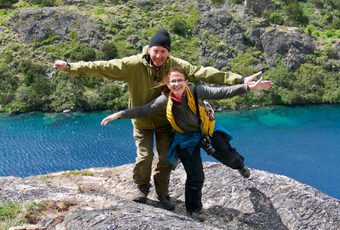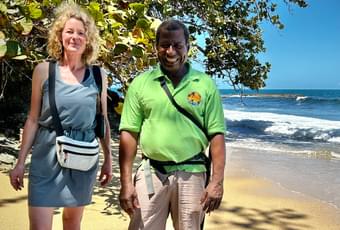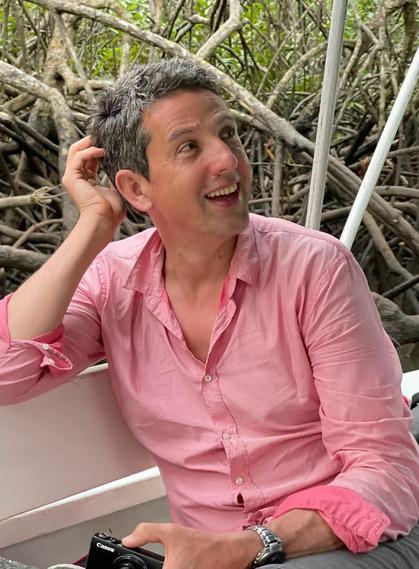Blog
I can resist anything, except temptation

As the glitter settles on the floor of Wembley, the last of Taylor Swift's disciples has left London. This past weekend, the city was full of 'Swifties,' a great number of whom flew long distances for the privilege. The numbers flying in from the US were particularly striking.
Turns out that the travellers' economic calculations were as good as the carbon was awful. The monopoly power of Ticketmaster (currently subject to an antitrust lawsuit in the US) leads to scalping at an industrial scale. I lost a good hour having a giggle looking for the worst of it: $2,005 for a seat up against the ceiling sitting far behind the stage in Indianapolis or the $4,012 for a seat in section 454, row ZZ in Vancouver. And yes, that seat is as far away as it sounds.
The thing is that these crazy prices skew the numbers so badly that it becomes economically rational for people to fly across the Atlantic for a two or three-night London city break to see the same concert they could have seen just down the road. All for the same or less money. You would, wouldn't you?
Then I read about Wizz Air's 'bottomless' flights and my mind was truly blown. For a one-off fee of about £500 you can fly anywhere in their network for a year. The catch is that you only get to book 72 hours ahead of time so it really is just filling up their unsold seats by flying to random places. A kind of 'may as well' attitude to getting on a plane for the weekend.
I truly struggle with the carbon morality of this, a fact made worse by the fact that Wizz Air measures its carbon impact only by 'intensity per passenger km flown' which is to say that the higher the loading on its planes, the lower the intensity per passenger. Filling up those random seats will therefore appear down the line in a report telling us what a great job Wizz Air is doing on lowering its carbon footprint.
I wish we could get away from making economic no-brainers of things we know to be environmentally unjustifiable. It's unfair to those of us without utterly iron-clad willpower (or bank accounts) and really, really unfair to our future children and grandchildren.








 By
By 

